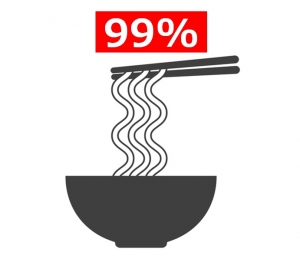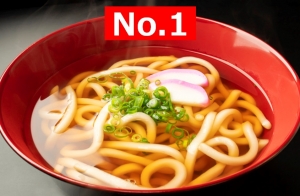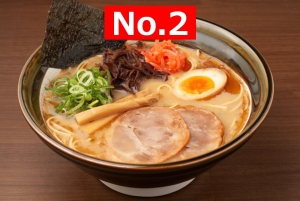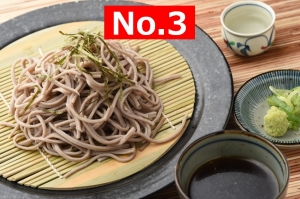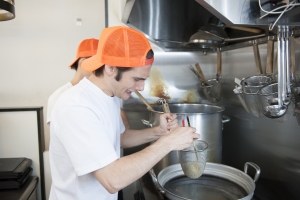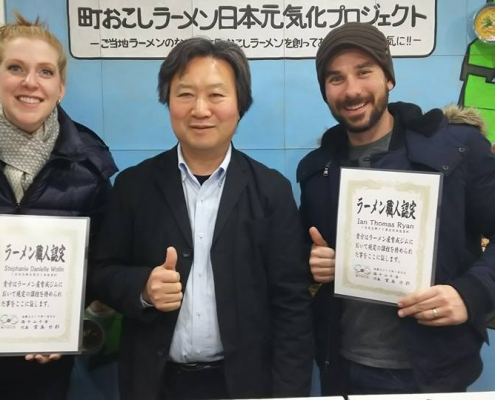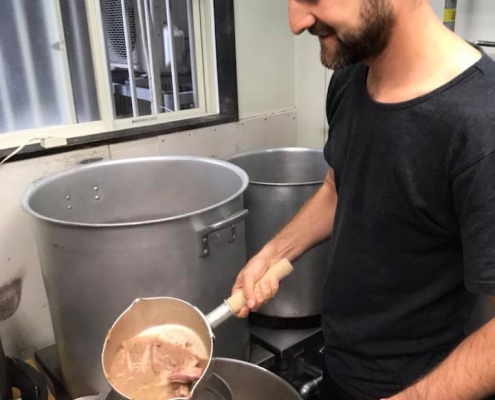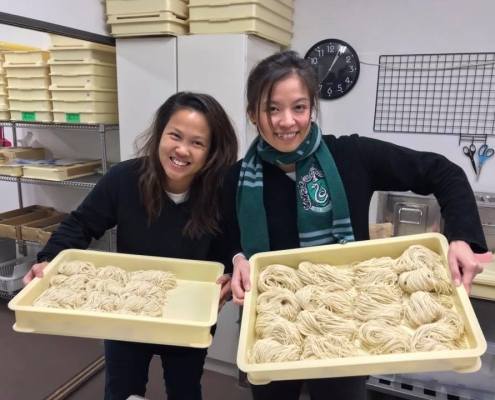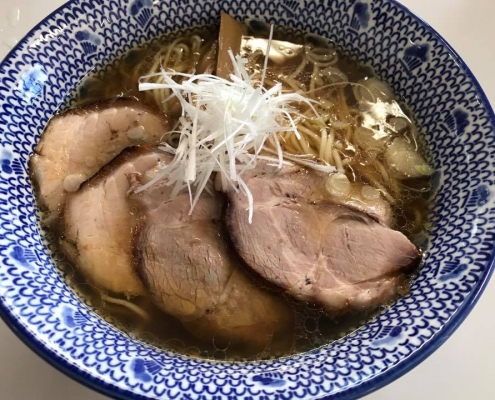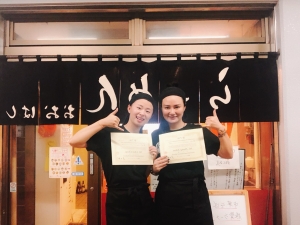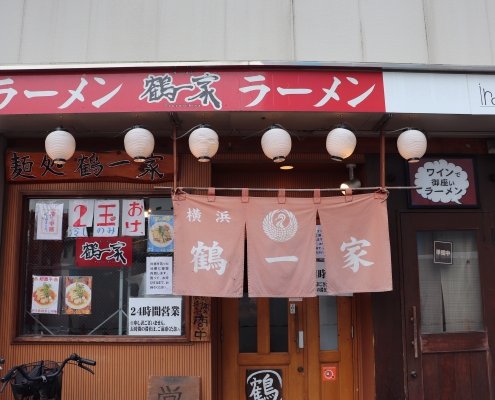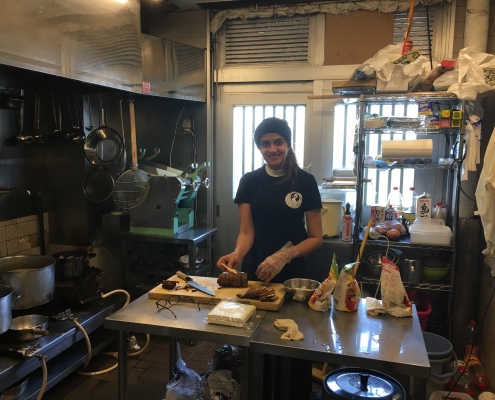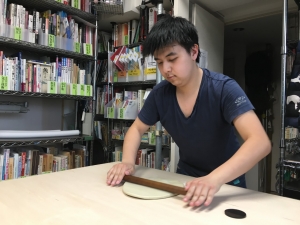Noodle Schools in Japan -Learn noodle and make your food business last as long as a noodle!
January 26th 2020
Over 99% of People Love Noodles!
Ramen, udon, soba, yakisoba, soumen, pasta, etc., it’s not too much to say that few countries have as many different types of noodles as Japan. Noodles play a major part in Japanese food culture. According to a survey by an internet research company in 2014, 99% of Japanese people really like noodles, and 70% eat noodles at least twice a week.
Noodles have long been eaten on special occasions in Japan, for example, there’s a custom of eating soba on New Year’s Eve, with the idea of ensuring that your life will be as long as a noodle.
No. 1 Udon, No. 2 Ramen, and No. 3 Soba!
According to a survey conducted in 2017 by Kinrei Corporation, Japanese people eat more Udon noodles than any other noodles, accounting for 42.3% of all the noodles they eat. In 2nd place was Ramen noodles (at 35.6%), followed by Soba (8.9%) and then Pasta (7.6%). It seems that Udon and Ramen are really the most popular in Japan.
Ramen is by far the most popular choice among foreign visitors to Japan, but many Japanese people also like udon and soba, which are cheap and easier to prepare in a healthy way.
Wallet-Friendly!
Japan is said to have about 30,000 to 35,000 ramen shops, and about 20,000 to 25,000 udon and soba restaurants, all priced around 600 – 1,200JPY. There are many kinds of Soba and Udon restaurants from cheap stand-up-eating shops to high end, Kaiseki-style restaurants listed on Michelin.
Ramen too comes in all kinds of flavors, pork bone, soy sauce, miso, salt, hot water, vegetarian etc., you will certainly never get bored eating noodles. Noodles are quick and, above all, wallet-friendly! A popular noodle store may have a 1-2-hour line-up, but at least you can always get something to eat, unlike restaurants that won’t let you in without a reservation.
Possible to study while working at a Japanese restaurant?
If you have a legal work visa, and conversation-level Japanese skills, yes. Japanese skills are important because most restaurant staff work as a team and you need Japanese to communicate. Currently, about 4.6% of the staff working in restaurants in Japan are overseas workers, but this number is increasing every year. More and more young people that come to Japan on working holiday visas, or students attending universities and Japanese language schools, are working at ramen restaurants.
The hourly wage varies depending on the store, but many pay from 1,000 -1,200JPY / hour.
For more information about chef visas to work in Japan please see here.
Noodle Schools teaching in English
At some schools, the teacher can speak English, at others, the teacher has an interpreter. Each of the 4 following schools has courses that can be completed in 1- 10 days.
Miyajima Ramen School
This school in Osaka has produced over 1,000 graduates since it opened in 2001. They mainly deal in private courses, and once you make a request concerning a certain subject you wish to study, a tailored program will be set up in 1 – 6 days. They will even provide a course if you send a picture of a certain type of ramen you want to make and what kind of taste etc.
They can also teach you how to make vegetarian ramen and MSG free ramen.
International Ramen School
This school has on the job training at a tonkotsu ramen shop located in the Yokohama Central Wholesale Market. With 5- or 10-day courses, you can not only gain knowledge and techniques on ramen making, but also get practical experience at a ramen shop. I recommended this for those who are seeking internship experience in Japan.
Tsukiji Soba Academy
This washoku school in Tsukiji, Tokyo, focuses on Soba making. With their deep knowledge of Japanese food culture and their academic lectures based on science and figures, this school is very popular with overseas students. Private courses are the usual here.
Yamato Noodle School
This school is sponsored by a noodle machine making company. With intensive studies into ramen, udon and soba making, you can learn how to make a successful business in a short period of time. Rather than relying on lengthy training and intuitive skills, these popular lectures scientifically analyze and digitize ramen, udon and soba making.
Classes are not only held in Tokyo, but also in Kagawa (the heart of udon making) and overseas.
Learn about noodles in Japan and aim to have your food business that lasts as long as a noodle!

